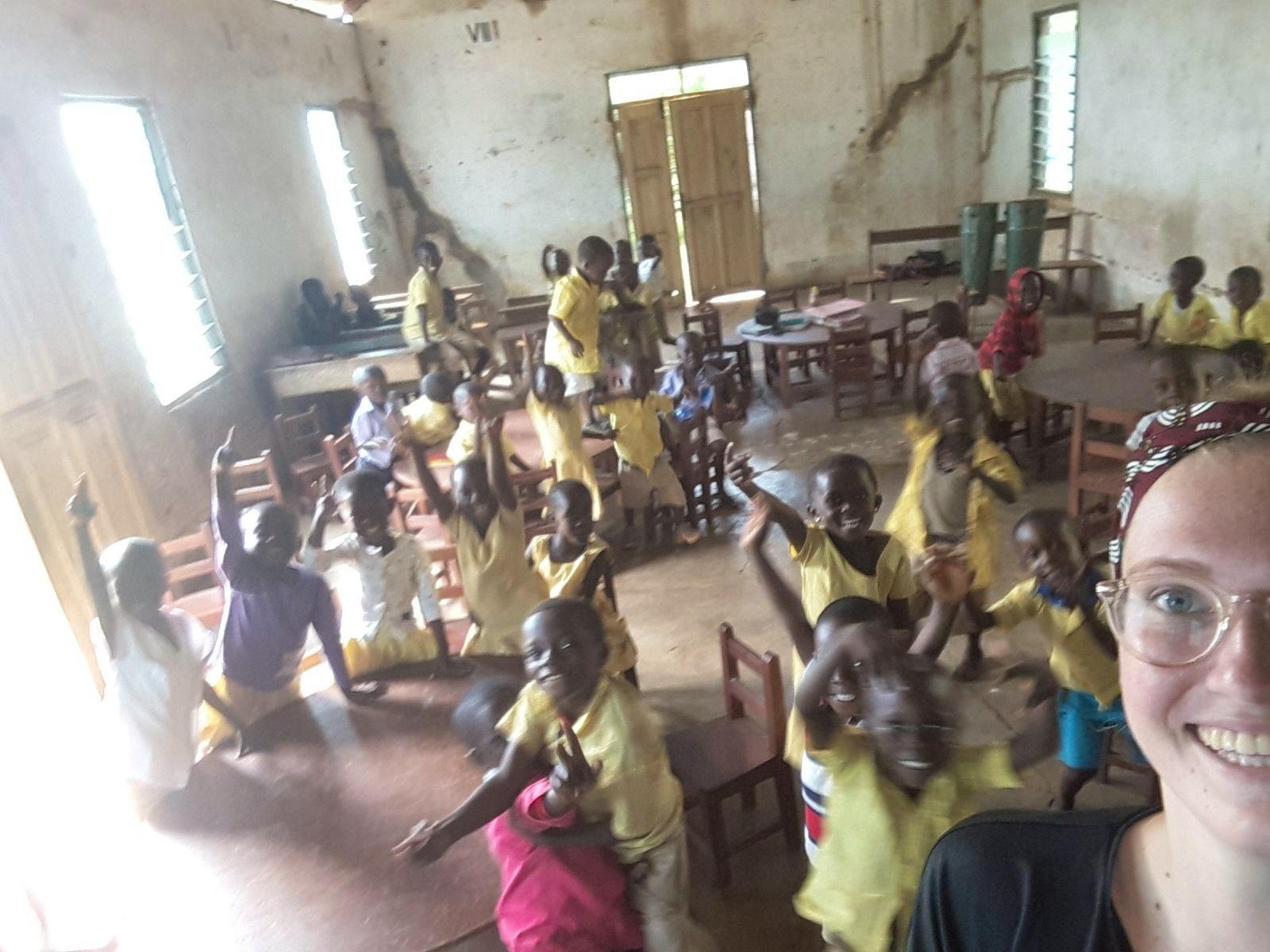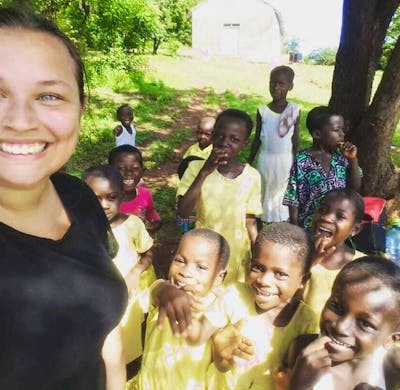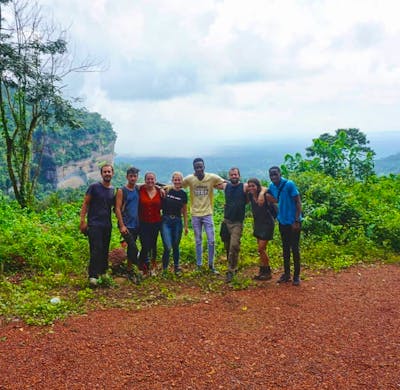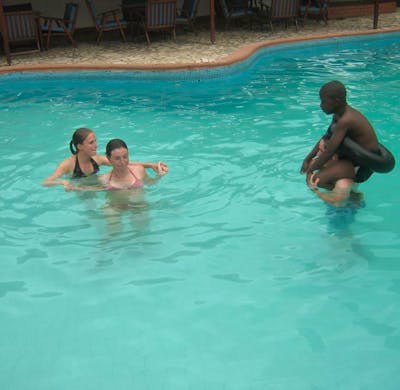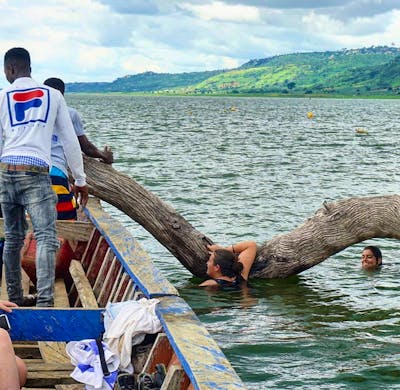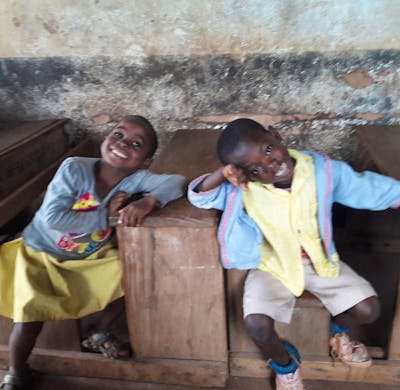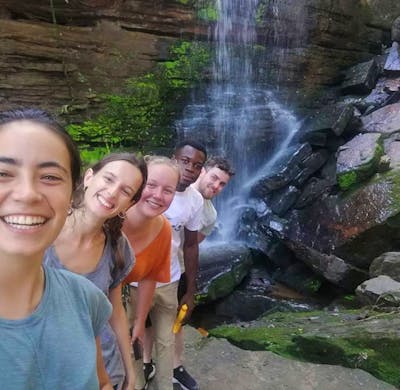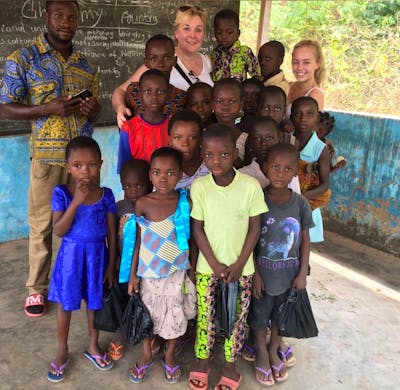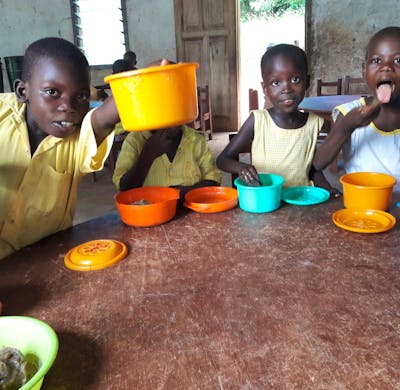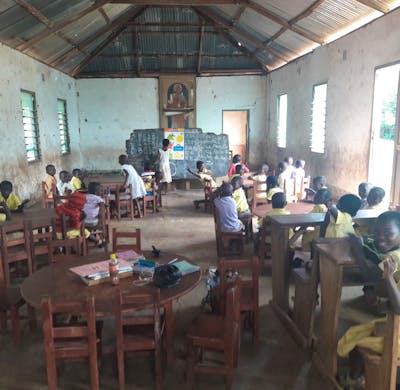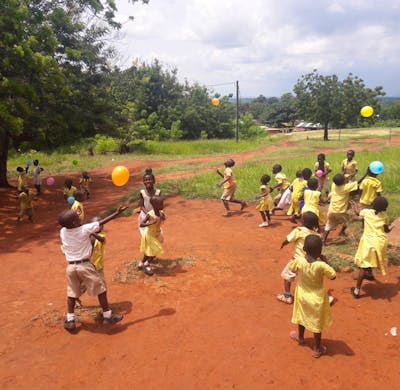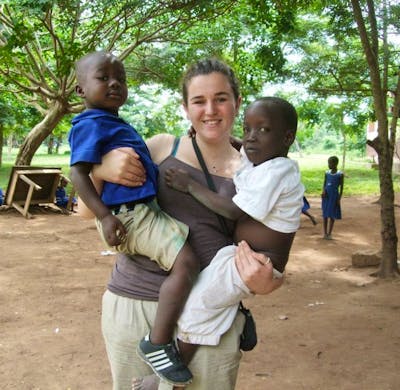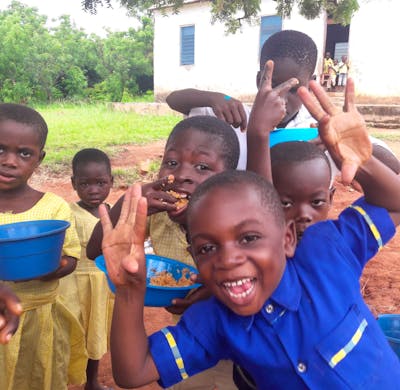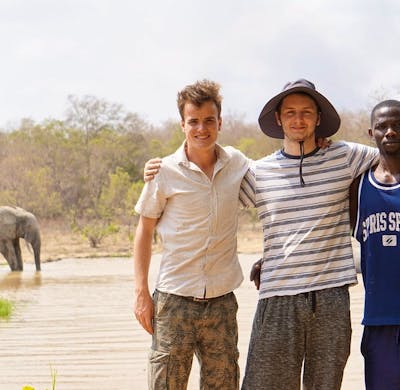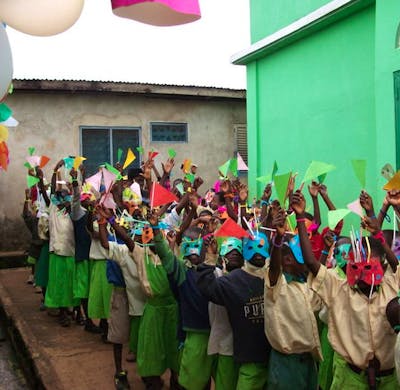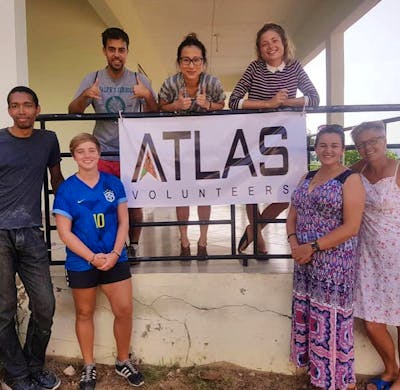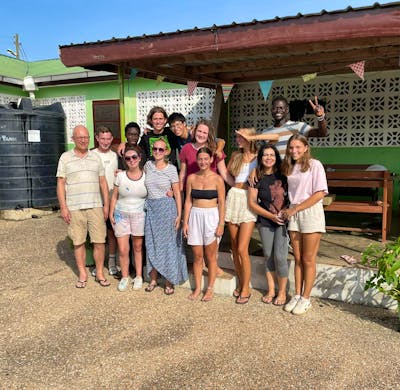2024 at Kindergarten & Nursery Support
Kindergarten & Nursery Support
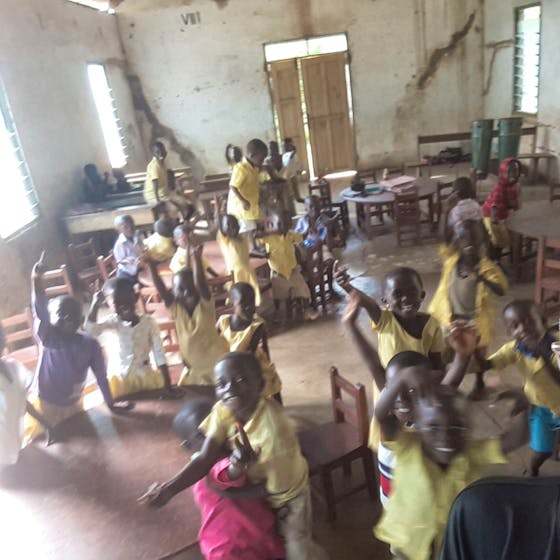
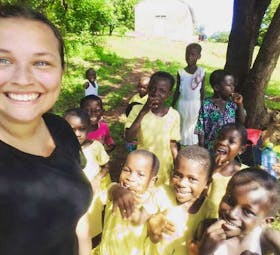
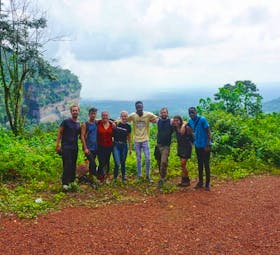
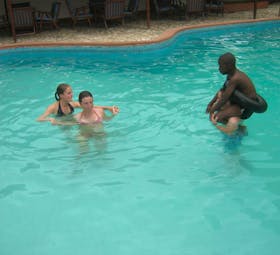
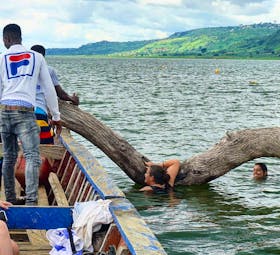
Clou
- Volunteer and open your mind to new experiences and beliefs
- Provide help and support to teachers with large classes and engage with the children
- Spend time with teaching the most basic lessons of life to prepare them for their future
- Show a fresh approach as well as enthusiasm to entertain and motivate the children
- Make unforgettable experiences when traveling across Ghana in your free time
- Volunteer and open your mind to new experiences and beliefs
- Provide help and support to teachers with large classes and engage with the children
- Spend time with teaching the most basic lessons of life to prepare them for their future
Particulièrement approprié pour
À propos du programme
Providing assistance to kindergarten classes where teachers struggle with large numbers of students. Supporting the basic foundations of education in the children.
About The Placement
We can offer placements in a Nursery, Kindergarten or Crèche depending on availability and time of year.
Within these classes and facilities it's usually a more 'hands on' approach, the children can be very young and therefore may need their basic needs satisfying as well as our ...
Journée typique
- 07:30am - Volunteer transport leaves the volunteer house to project sites
- 08:00am - School starts
- 10:30am - 11:00am - Morning Break
- 12:30pm - 01:00pm - Lunch Break
- 03:00pm - School closes
- 03:30pm - Return to volunteer house
- 03:30pm onwards - Free time
Please note this an example of a schedule. Times vary ...
Activités de loisirs
Mid Week Free
Time
After school and evenings offer these
local opportunities around the local area:
- Hiking / Trekking
- Swimming
- Sightseeing (Waterfalls and breathtaking scenery)
- After school & Homework Clubs
- Sports facilities
- Live Music
- Plenty of Nightlife
- Restaurants & Hotels
providing western cuisine
Weekend
Conditions
Services inclus
NE SONT inclus dans le prix:
Informations sur l'arrivée
This placement is available throughout the year. You are welcome to
arrive with us any day of the week or flight arrival time and we will
adjust your airport collection accordingly.
How Do I Get From The Airport to Volunteer House On Arrival?
We
can arrange for one of our partnered drivers to collect you from
the airport and bring you directly to the volunteer house although fuel,
airport parking and toll fees must be covered by yourself - payable in
Ghana cedis or US dollars on the day (You can use local ATM machines on
the way to withdraw Ghana cedi currency.)
Cost: As of January 2024, this is around 700 cedis.
They will be holding a sign with your name on so they should be easy to spot!
Frais de Programme
Rencontrez votre hôte
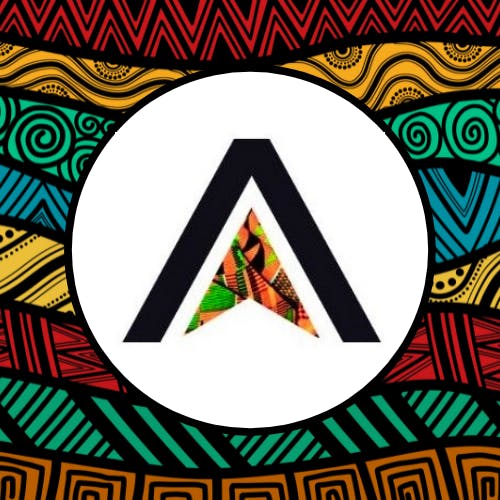
Atlas Volunteers
Non lucratif - fondée en 2017
Vérifié par Volunteer World
Hébergé par

Sam
Sur le projet
241 avis ·  4.8
4.8
Emplacement

Ces projets pourraient t'intéresser aussi
-
Petit Budget
Groupe
Mission Humanitaire pour les etudiants
Les meilleurs programmes de bénévolat
Couple
Projets a l´etranger
Missions humanitaires en Afrique
Missions de courte duree
Adulte
Enfants en Afrique
Mission humanitaire en anglais
Plus de 50 ans
